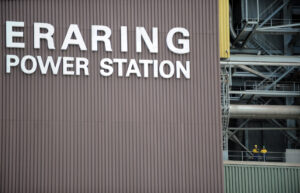Why is Job Quality Worsening?
Over time, insecure work has become more prevalent in the Australian economy. Key drivers of worsening job quality include: decades of economic policies which constructed unemployment “buffers”; insufficient paid work available for all who need it; reductions in the level of unemployment benefits to below-poverty levels, collapse in collective bargaining coverage, and failure to regulate insecure work.
In this update on job insecurity in Australia, Alison Pennington reviews the ongoing erosion of full-time, traditional “good” jobs, growth in COVID-era “gig” work, and outlines how business trends and labour market policies have facilitated both lower worker bargaining power and a dramatic rise in insecure work.
For more on reducing the incidence and consequences of insecure work, see our recent submission to the Select Committee on Job Insecurity, by Dan Nahum.
You might also like
Want to lift workers’ productivity? Let’s start with their bosses
Business representatives sit down today with government and others to talk about productivity. Who, according to those business representatives, will need to change the way they do things?
Dutton’s nuclear push will cost renewable jobs
Dutton’s nuclear push will cost renewable jobs As Australia’s federal election campaign has finally begun, opposition leader Peter Dutton’s proposal to spend hundreds of billions in public money to build seven nuclear power plants across the country has been carefully scrutinized. The technological unfeasibility, staggering cost, and scant detail of the Coalition’s nuclear proposal have
A smooth move or a tough transition? Protecting workers who’ll lose their jobs when the Eraring Power Station closes
The Centre for Future Work at The Australia Institute has urged the federal government to take charge of transitioning hundreds of workers into secure employment when the Eraring Power Station shuts down.



